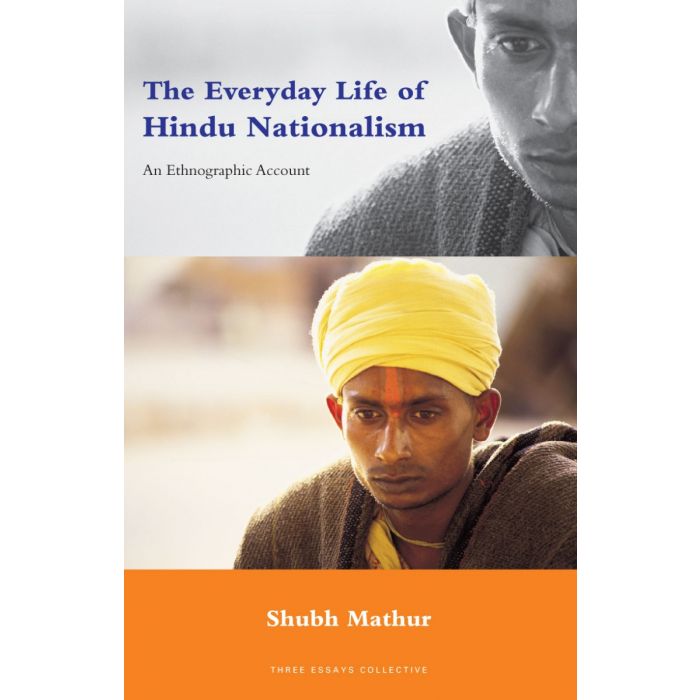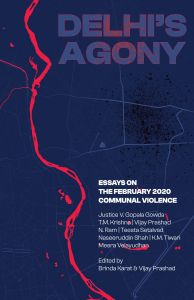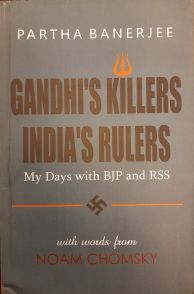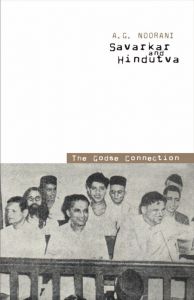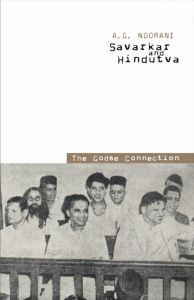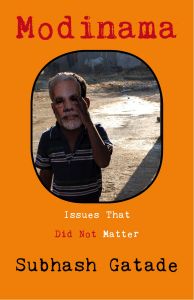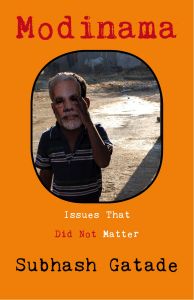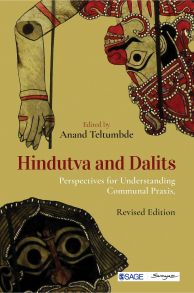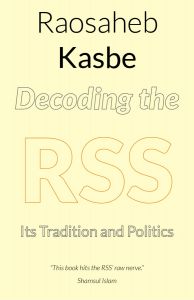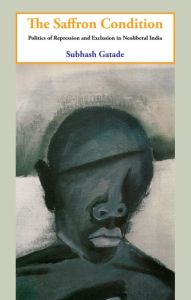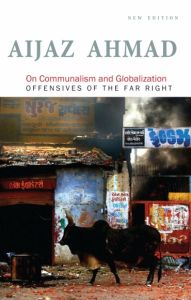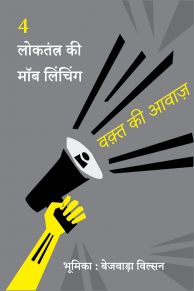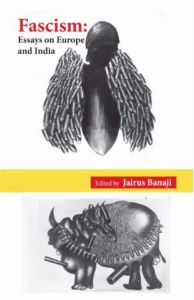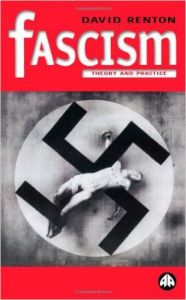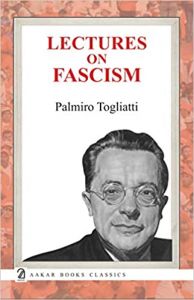The Everyday Life of Hindu Nationalism
This is an ethnographic account of the rise of Hindu nationalism in the north Indian state of Rajasthan during the period 1990-94. It looks at the transformation of cultural meanings in everyday life that make possible the political success and the anti-minority violence of the Hindu right. Media and academic accounts of the Hindu right that present images of religious frenzy and fanaticism are misleading because they draw attention away from the world of the everyday and the ordinary, from the homes, workplaces, schools and communities where the realities of Hindu nationalism are created and maintained. This book takes seriously the claims of RSS activists that theirs is a cultural organization, and that its main task is ‘character- building’, in order to answer the central question: How does one comprehend the selves that are capable of the extraordinary violence witnessed in India at the turn of the millennium?
The patterns of anti-minority violence that accompanies the rise of Hindu nationalism show that it follows not a political or economic logic, but a cultural one. The geographic and demographic distribution of violence maps and confirms cultural beliefs about the nation and its enemies. Finally, this book argues that media and academic discourses on Hindu nationalism function to produce what has been called ‘cultural anesthesia’, diffusing and deflecting questions about agency and accountability while silencing the experience of the victims and excluding the cultural idioms which provide them means of comprehension and healing.

